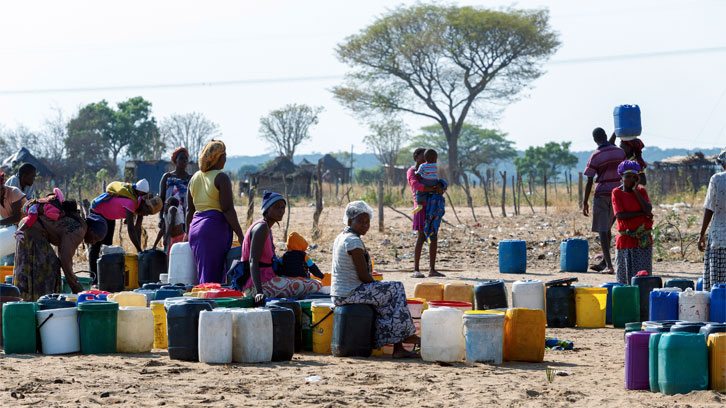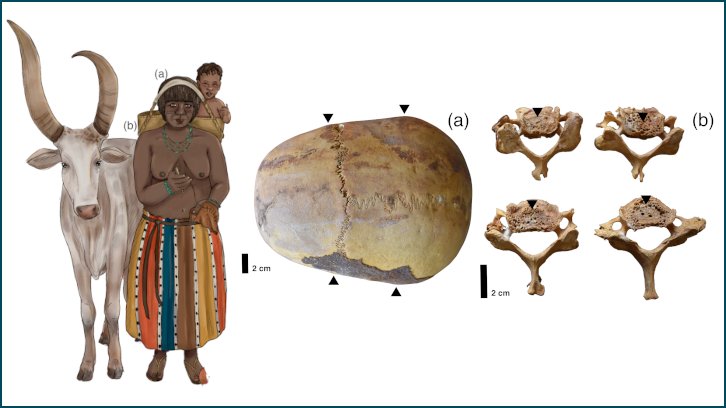Geography, Institutions and Development: A Review of the Long-Run Impacts of Climate Change

Author: iStock.com/Artush.
Climate change is a reality. And a changing climate brings with it important impacts and challenges for the countries that experience it. For low-income countries these impacts and challenges are likely to be especially significant. But, how exactly can climate change alter the prospects for economic development and poverty reduction in these countries? To what extent should economic development plans consider the several impacts of a changing climate and different adaptation strategies to climate change?
In an extensive review recently published in Climate and Development, David Castells-Quintana from the UAB, and Maria Lopez-Uribe and Tom McDermott from the London School of Economics, study the different mechanisms through which climate change may have an impact on long-run economic development and poverty reduction.
According to the authors, climate change has both direct and indirect effects on the prospects of development. On the one hand, climate change modifiesrelevant environmental conditions, with impacts for example on agriculture, labour productivity and disease environments. Extreme weather events, consequence of a changing climate, also disturb capital formation.
On the other hand, climate change might also indirectly affect development paths by altering the socio-political environment within which poverty reduction and development take place. Two specific and relevant channels are institutions and conflict. Both the institutional environment and a context of stability or conflict have profound impacts on development outcomes. Both might be affected by climate change, for example through climate’s effects on poverty, inequality and the distribution of economic or political power, on the availability of resources, on incentives, and on the movement of people.
In their study, the authors review the empirical evidence available to date regarding direct and indirect effects of changing climatic conditions. The evidence reviewed confirms strong effects of climate–shocks in poor, especially fragile, countries. The evidence also points to important indirect effects in these countries, potentially reinforcing institutional fragility and in turn vulnerability to climate shocks. In this line, the analysis highlights the need to take into account the interaction of climate change (risk) with other development trends (e.g. in the case of rapid urbanisation, increasing exposure to urban disasters, etc.) for the design of sound adaptation strategies and development plans.
Department of Applied Economics - UAB
David.Castells.Quintana@uab.cat
Maria López-Uribe
Tom McDermott
London School of Economics
References
Castells-Quintana, D.; Lopez-Uribe, M.; McDermott, T. Geography, institutions and development: A review of the long-run impacts of climate change.Climate and Development. 2016. doi: 10.1080/17565529.2016.1167665.


